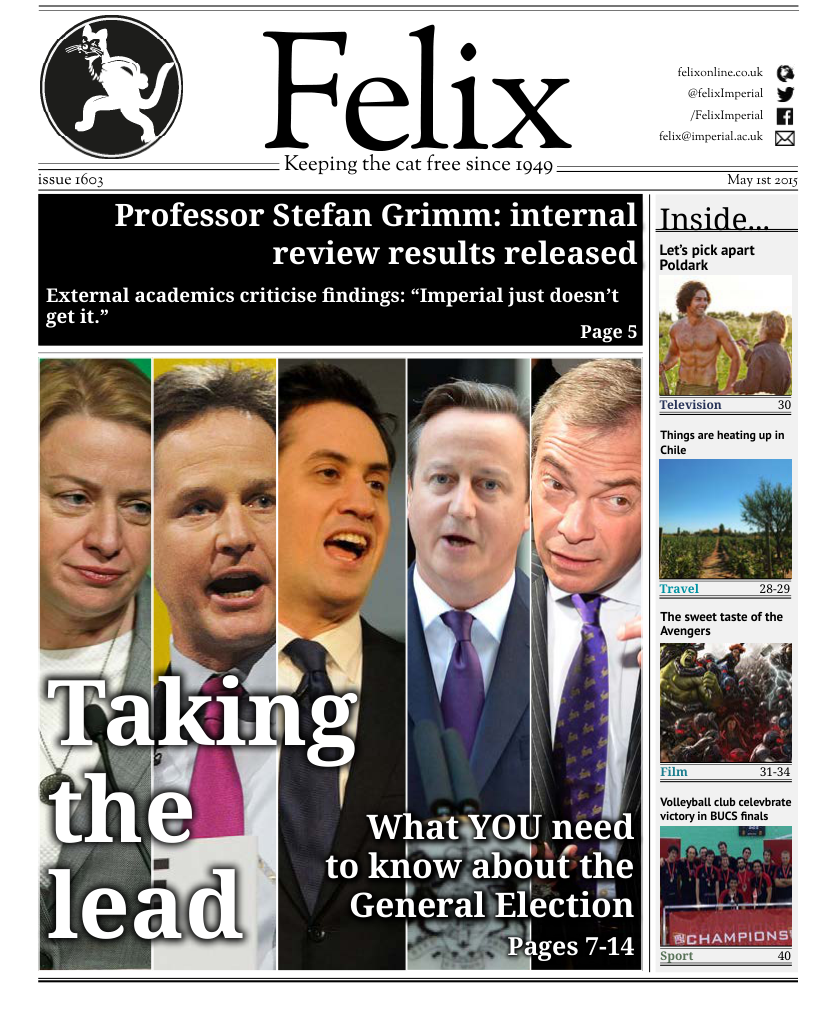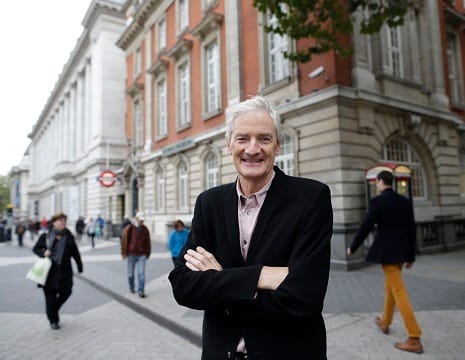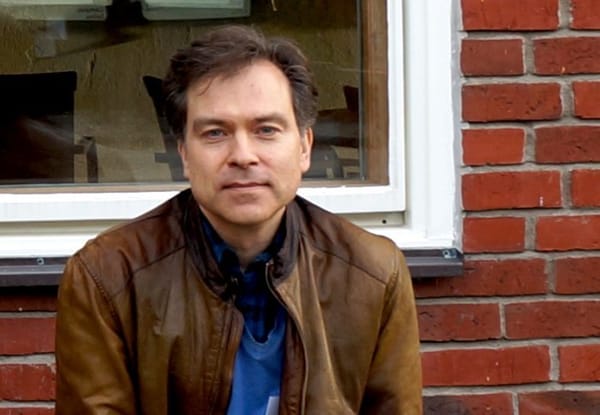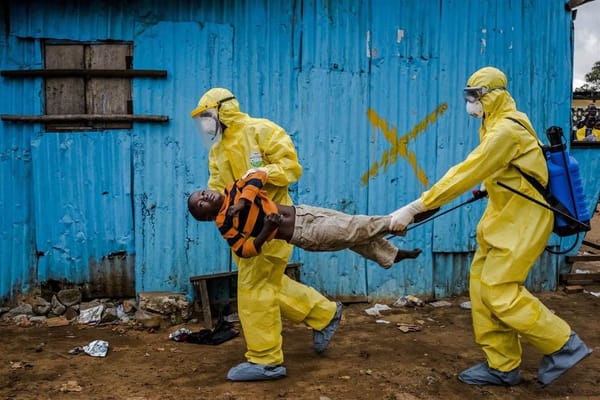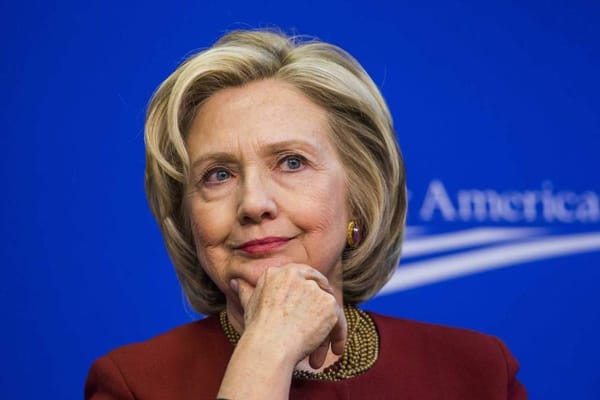Weeks to remain closed despite student protests
Irreversible closure announced in Tom Wheeler's latest council report
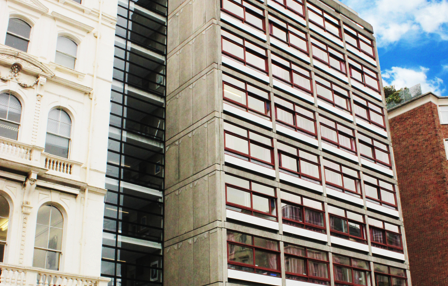
Weeks hall is to remain closed for the next academic year despite students petitioning to save the space, and the student Union Council voting to campaign against the closure.
The Imperial College Union President, Tom Wheeler, announced in his report to council detailing his recent activity that he was unable to overturn the decision to close the hall, after contacting Muir Sanderson, The Chief Financial Officer of the college. Wheeler was told that the Provost board has already made the decision, and they were not prepared to overturn their decision.
This follows the furore last term when, back in February, council initially voted to allow the closure of the Weeks hall, after being told the space could be used for childcare to make the university more attractive to female academics.
However the first vote resulted in equal number of students being either for or against campaigning to save the hall. A second vote ran saw the council narrowly deciding not to campaign against the closure.
Weeks hall committee members were left outraged at the decision, especially since they were not consulted before the announcement to close the hall reached Council. Recruitment for hall seniors was already underway at the time, as the residents were all under the assumption the hall would still be in use for the next academic year.
Neither Imperial College Union or College have yet to accept responsibility for not informing the residents of the hall of the closure.
The hall committee then arranged a petition to call for an emergency council meeting in March, and residents of the halls turned up in large numbers to argue the benefits of keeping the hall open. Union Council then voted again, this time in favour of campaigning against the closure.
Chris Kaye, Deputy President (Welfare) is also liaising with the director of Human Resources, Louise Lindsey, to ensure there will be maximised space available for childcare provision with the Weeks building.
Property in the North of Princes Gardens will also be used for various purposes, which will be primarily ‘academic’ related, although no specifics have been released as to what this would entail yet.
Wheeler also noted in his report that Pembridge hall will remain open for a further three years, although its derelict annex at the top of the building and the surrounding garden will be converted into houses, that will then be sold to fund other college ventures.
An Imperial spokesperson told Felix: The internal structure and listed status of the building means it would be difficult to refurbish it as a hall of residence to bring it in line with the standards of other accommodation. These structural issues mean there is little scope for expansion in bed spaces, rendering the refurbishment cost per bed space prohibitive.
“Imperial is currently exploring other options for the future use of the site.”


